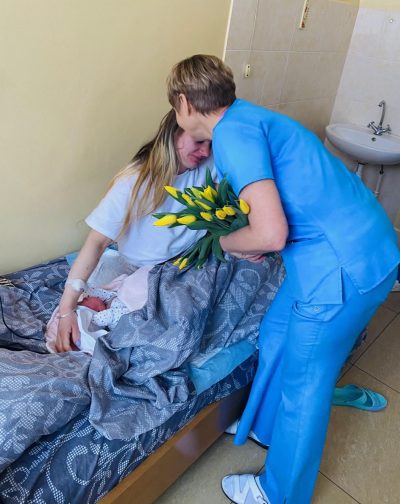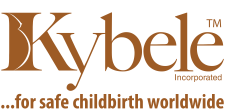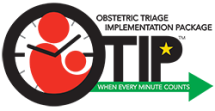KYBELE UKRAINE RESPONSE NOTES
The following information is based on notes from Dr. Oleg Turkot to inform members of the Kybele team and donors to the Ukraine Crisis Response. These notes are not intended for formal publication and are presented in a “blog-style” format for information purposes only.
A photo and video chronology of Kybele’s Ukraine response can be viewed on Kybele’s Facebook page.
Kybele Ukraine Response Next Steps
MARCH 17, 2022
Kybele, with leadership by Dr. Oleg Turkot, continues to rapidly respond to the Ukraine crisis, that is changing hourly. With Kybele’s close contacts still active in Ukraine, we are receiving real-time updates on the devastating situation and are working assiduously to meet the immediate needs at hand. As of Wednesday, March 16th, we have purchased and secured another 500+ tourniquets, essential airway medical equipment, additional portable ultrasounds, and first aid supplies that will be distributed by a team traveling to Ukraine this Friday, March 18th. We will deploy the equipment in partnership with Kybele’s Turnopil Kybele champions and through our collaboration with the Global Medical Response.
Meanwhile, Dr. Oleg Turkot has been appointed as the lead for Johns Hopkins Medical Center’s Ukraine response and thus is leveraging this role for Kybele’s efforts. Kybele, in close collaboration with our Ukrainian partners, is equipped to actively continue to coordinate medical response teams, advocate for donations and essential medical supplies, and to continue our mission of saving the lives of vulnerable women and children in difficult places as long as the need exists.
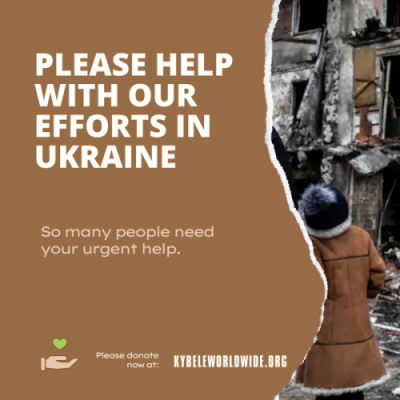
MARCH 15, 2022
Kybele’s Ukraine response began with the outbreak of the war on February 24, 2022. The response was led by Kybele’s Ukraine Co-Lead, Dr. Oleg Turkot, Assistant Professor of Anesthesiology and Critical Care Medicine and Director of International Obstetrics Anesthesia, who made an immediate plan to secure life-saving medical equipment and supplies and travel to Ukraine along with Dr. Liana Turkot, attending physician at Dignity Healthcare Woodland California Department of Internal Medicine. Within three days, the team made initial arrangements to rapidly move to Ukraine to deploy equipment. They began by contacting Kybele champions in Kyiv and Ternopil to assess the need for medical equipment and training. They also assessed the need for personnel in additional locations in Ukraine.
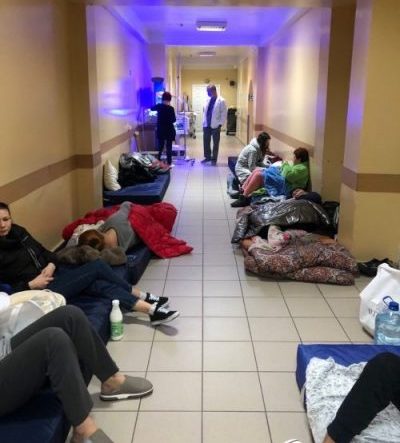
The response to Kybele’s appeal for medical supply donations was met with tremendous generosity. More than 50 individuals made donations for Kybele’s Ukraine response in the initial days of the war, knowing that 100% of their money would go towards the purchase of life saving first response equipment such as military-grade tourniquets. Additionally, Kybele put out a call for additional equipment through Johns Hopkins, Downstate alumni, and social media. We received significant support from Dr. Emily Sharpe and other active members of SOAP. We were able to secure 3 Butterfly ultrasounds and 1 Vave wireless ultrasound, donated directly by Renee Dversdal, as well as three additional ultrasounds donated by individuals. Additionally, Kybele purchased 550 ASA Tech tourniquets. We joined in fundraising efforts led by Oksana Makarchuk, the Ambassador of Ukraine in the United States. Donated equipment also included a Glidescope from Curtis Baysinger, and a “Pentech” video laryngoscope, suture material, gauze, flow seal and surgical instruments donated by Johns Hopkins Hospital.
Between February 28 – March 1, 2022, the team packed medical supplies and March 2, 2022, left from Newark NJ (EWR), heading to Warsaw, Poland (WAW) with four large suitcases of medical equipment. In Warsaw, they were met by Oskar Filipowicz. Another Warsaw contact, Natalia Oliynuk, a physician from Ternopil, Ukraine, who is currently residing in Warsaw, provided them with housing and additional support. They also met with Mihal Soczynski, CEO of Reago, a tactical rescue and support organization, who has worked with training physicians in wartime and terrorist situations. The latter provided additional medical equipment, flak jackets and first-aid supplies to ensure our safety. Upon assessment of the situation in Poland, it was clear that they were not able to rent a vehicle to enter into Ukraine, so Mihal lent his personal car to drive the medical supplies into Ukraine. They made plans to leave at 2AM to ensure that we will be able to cross the border at 7AM when Ukrainian curfew stops. At that point in Kyiv, the situation was extremely unstable and the team assisted in the evacuation, shelter, transportation and food for a small portion of our Kybele team in Kyiv Hospital #6.
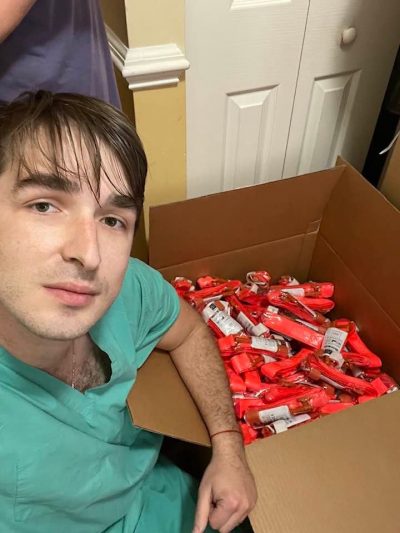
As the team awoke, they were notified that the nuclear power plant in Zaporizhya, Ukraine was under attack and that there was a significant chance of a nuclear accident in Ukraine. The team assessed the situation and had a team meeting to decide the next course of action. We left Warsaw, Poland and headed toward Ukraine at 3:30 AM with plans to figure out our next course of action on the road.
The team arrived in Krakovets on the Polish Ukrainian border at 8 AM and were unable to initially cross the border and had to double back. The Polish Border guards were unwilling to let them pass faster as everyone on the border was also delivering medical equipment. They also met with several families, mothers with small children, of refugees who explained that the situation in Ukraine is reasonably stable, that there is little panic and that the roads were passable with a car. They also informed the team that they walked for the last 11 hours through the night (it was 28 degrees outside without counting windchill).
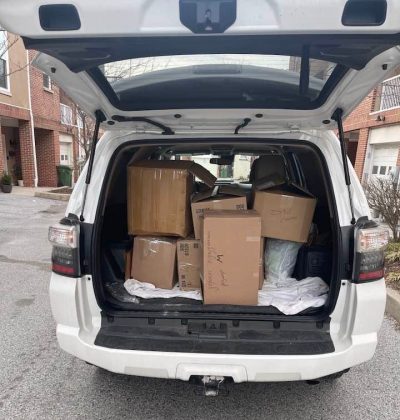
The team returned to the border with full tanks of diesel and a reserve of 40 liters in case there would be severe fuel shortages and they would be unable to leave. They crossed the border and head to Lviv where they met with Olena, one of the volunteers from the Lviv medical supply center, Vadim, from a group of volunteers heading into Kyiv, and Andriy Ivachenko, who is the head of the medical division of the Ukrainian Border guard. After assessing the situation the team passed a portion of the medical equipment to each of the organizations and donated their own body armor to the team headed into Kyiv as they were at the greatest risk of getting injured/shot at. They then headed on to Ternopil.
The traffic was horrible and there were multiple check points with unarmed guards from the new territorial guards and some Ukrainian army units. Morale of the people they met was very high and everyone was talking about how Ukraine would win the war and that the support from the US and Europe would be enough to stop the Russian advance. The team worked to gather pictures from the road to be able to compile a complete report.
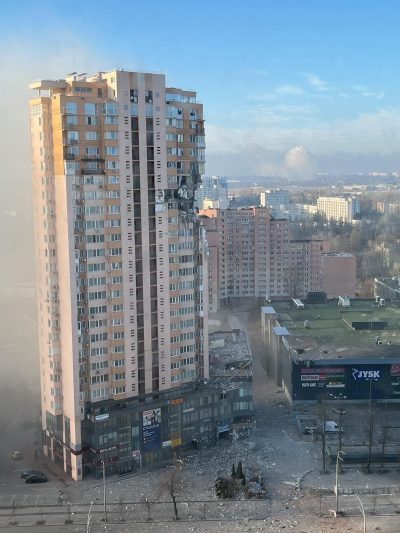
Additionally, they were in constant contact with the Reago team in Warsaw to make sure that they would have first-hand information on the situation on the roads. They arrived to Ternopil just as it got dark. With one more incident of mistaken identity, the Ukrainian Army soldiers were displeased that we took photos of them on the post which is illegal at this time.
Upon arrival in the city, the team headed directly to the volunteer center where they met with Inna Korda and Andriy Dobush, both professors from the Ternopil Medical University. They unpacked the remaining portion of the medical equipment, assisted them in forming medical kits and told them about how to use the equipment that they were not familiar with. They removed all of the airway equipment, and ultrasounds for the POCUS course.
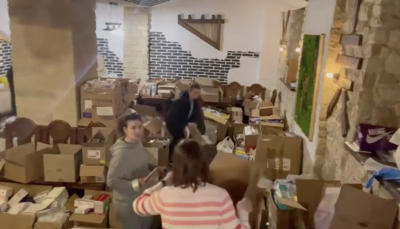
They slept in Petrikiv, a small village outside of Ternopil. At about 8PM air raids started. It was unclear what areas were being attacked and they elected to stay in the basement of the home overnight. Overall the experience was physically difficult because heating was limited (we had to sleep in our clothing but we were welcomed with amazing food.)
On March 5th the team began the day with traveling to the perinatal center, Matu I Dutuna, where they gathered all of the anesthesiologists and multiple OBs for an ultrasound basics course focusing on venous and arterial access, POCUS in the ICU, FATE and Fast protocols. They met with Kybele champions Mykola Mular (Head of OB Anesthesia in the Ternopil Region), Valentina Sundeeva (Director of Ultrasound diagnostics for Kyiv Maternity Hospital Number 6), and Yana Kumpanenko (an attending physician, OB GYN Kyiv Maternity Hospital Number 4). Yana and Valentina are internally displaced and volunteered to help teach additional POCUS courses in Ternopil Hospital Number 2 as there was only one physician present from the institution. They also had a discussion about the best ways to distribute the airway equipment to the other hospitals. Mykola agreed to assist the Kybele team in sending the help along to the other hospitals in need.
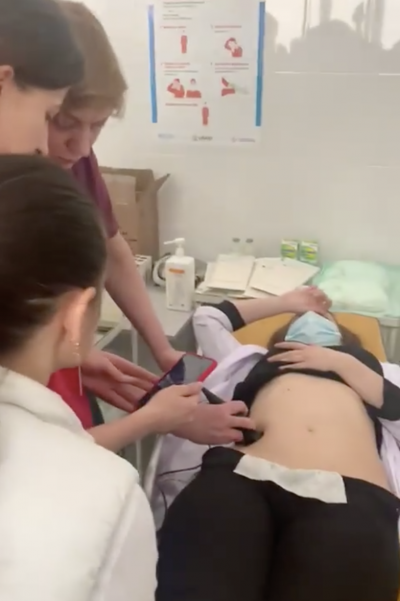
The team spent a significant amount of time ensuring that all of the equipment was in working order and able to be deployed. The evening ended with an extended training session for Yana and Valentina to ensure that they would be able to teach the needed skills to local physicians.
They were informed by our team in Poland that because of increased evacuation from Ukrainian cities, the lines on the border are becoming increasingly long – up to 3 days – and it was unclear whether they will be able to evacuate. They met with Mykola, Valentina and Yana and based on their discussion – decided that the Kybele team would be heading out to the border at 6AM and additional work will be continued by the Kybele champions on location. The team had one final meeting at 10:30PM with Professor Gudak, Head of Neurosurgery for Ternopil region, who agreed to assist with transportation of one portable ultrasound to Kyiv. Maksim Pylypenko agreed to create another training center to POCUS in Kyiv Neurosurgical Institute, with the plan for the team to pass additional medical equipment to them through the volunteer organization in Ternopil. Dr. Turkot assembled a team of 8 people that would be leaving Ukraine with them, heading towards Poland: an elderly couple, a woman with stage 5 kidney failure and a mother with her two young daughters.
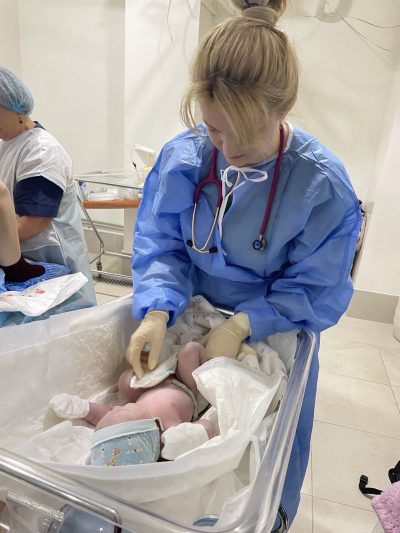
March 6th, the team left Ternopil at 7AM, as soon as the curfews were lifted. They traveled through Lviv to Rava Ruska as it appeared to be the fastest crossing available. On the road, they continued to encounter multiple checkpoints and extreme traffic. Upon arriving at Rava Ruska, they were informed that the wait was at least 24 hours, so they changed their crossing point to Hrushiv, which is about 60km away. The roads were very poorly maintained and there was concern that they would not be able to make it during the light hours. They arrived at the border and needed to wait for many hours. After making it within 3km, they were able to negotiate with border guards to allow them to pass as we are evacuating elderly and sick people. The border crossing was filled with a large number of people, no sanitary facilities, no warm food or water until the last hundred meters before the border. The team saw large amounts of women, children and elderly people, carrying small amounts of luggage, all walking to the border.
Upon crossing the Polish border, they headed towards Warsaw and made it in before morning, taking one stop at a rest area where the Polish people had set up a refugee welcome center. They were informed that these were distributed on every rest area to the Polish border. Refugees were provided free food, warm clothing, medicine, rides and accommodations. In Warsaw, they met with Natalia and Mihal and split up with Olena, to be taken care of by Mihal.
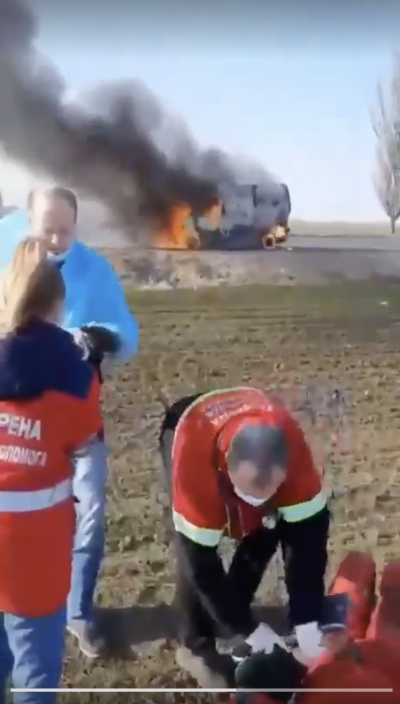
The next day, the team traveled to US Embassy and met with a representative from the Kyiv US Embassy, Benjamin Brewer. Per the Kyiv Embassy contact, they will attempt to distribute portable toilets along the refugee routes next to the border. One of the team’s remaining people felt sick and they had to bring EHR to the Medical University of Warsaw ER. She was very well received and free medical care was provided upon confirmation that she was a Ukrainian refugee. Inside the hospital, they saw many people who were receiving care. The next day, they secured a safe location for the remaining portion of refugees to go in Czech Republic. They drove them there and assisted with accommodations. They then left for Poland the next day and flew out on March 10, arriving back to the U.S. on March 11.
Dr. Oleg Turkot reflects, “There were many heartbreaking and terrifying moments during this trip, but I am immensely impressed with the will of the Ukrainian people and their ability to overcome hardship. I see our mission as important and needing to be extended with further material support, and if adequately safe, additional teams to Western Ukraine. At this point, Eastern and Central Ukraine are risky and I would not recommend sending US personnel to these areas.”
—
Oleg Turkot, MD
Assistant Professor ACCM
Division of Obstetric Anesthesia
Johns Hopkins Medical Center
